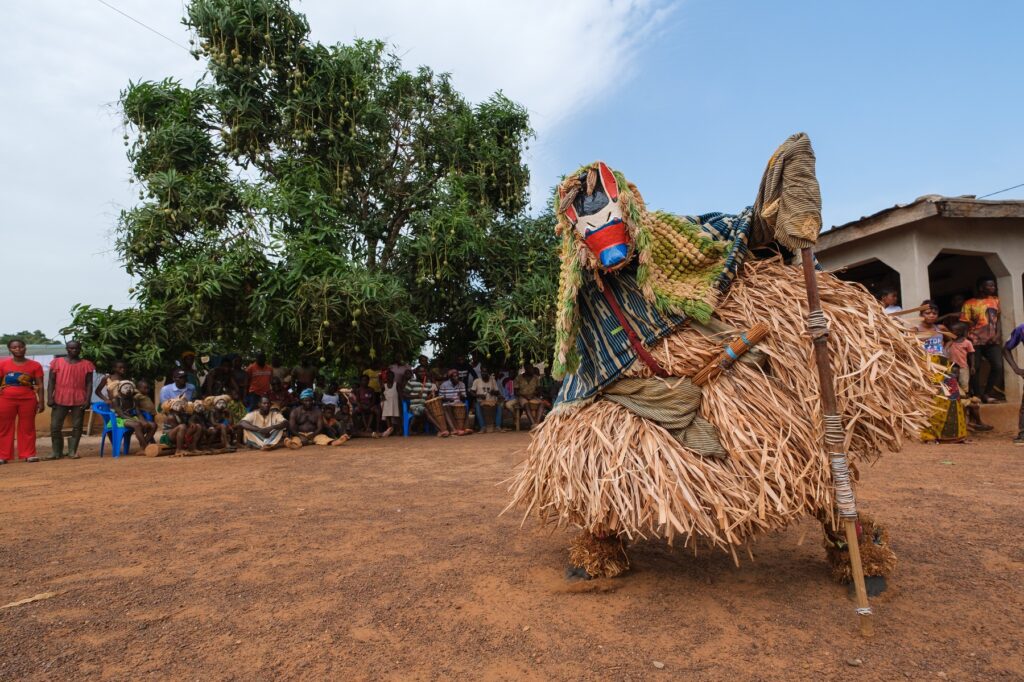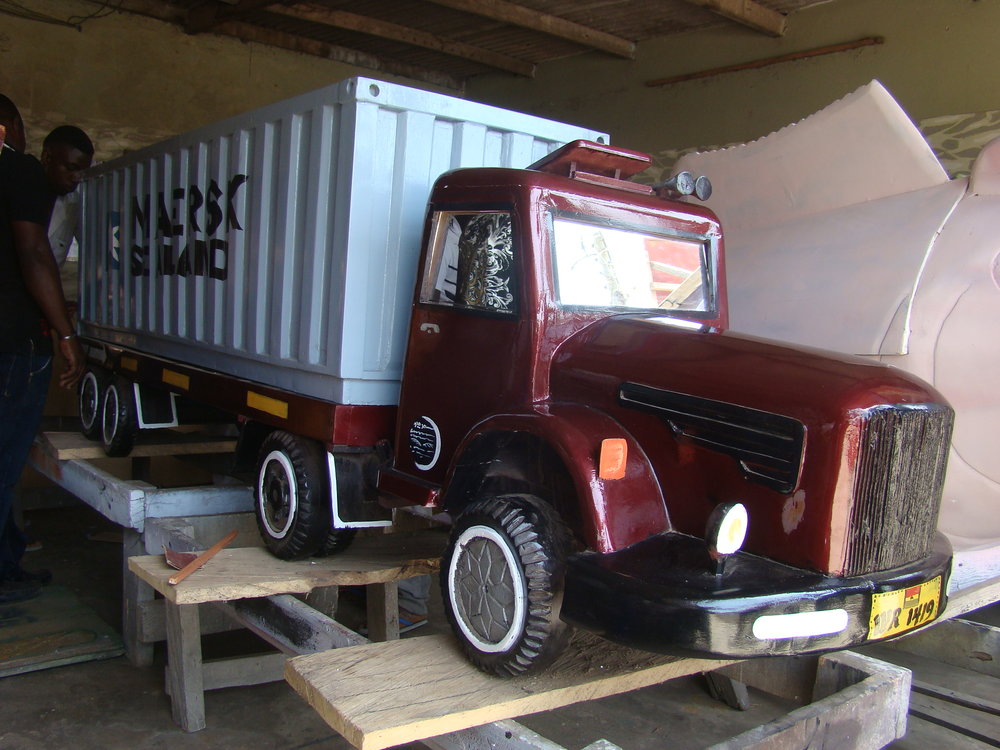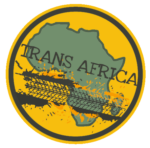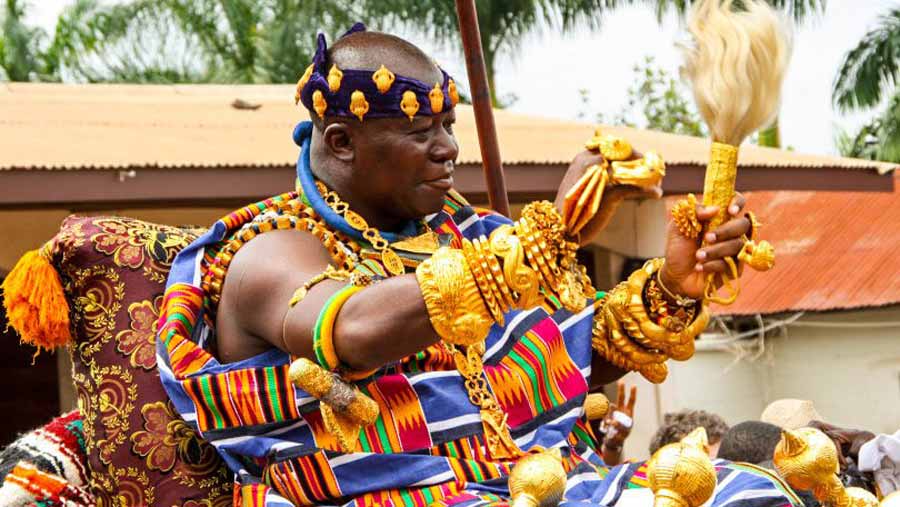The fourth stage of the Trans-Saharan in West Africa, from Liberia to Benin, is an exciting 18-day journey.
We will depart from Monrovia, the capital of Liberia, and arrive in Cotonou, on the coast of Benin, visiting Ivory Coast, Ghana, Togo, and Benin.
Ivory Coast is a destination that offers a comprehensive experience for travelers seeking unique adventures, thanks to a combination of fascinating cultures, ancient ceremonies, breathtaking landscapes, and a rich history.
We will immerse ourselves in the vibrant culture of Ghana, with its warm hospitality and rich history, creating an unforgettable journey through ancient castles, lively markets, and magnificent beaches.
In Togo, we will explore fascinating traditions and the fetish market in Lomé, an adventurous journey to discover ancient cultures and traditions.
In Benin, we will uncover fascinating traditions, majestic palaces, and mysterious voodoo rituals, embarking on an adventurous journey through historic cities, traditional villages, and unique spiritual sites.
Discover the highlights of this journey: the Trans-Saharan expedition through Liberia, Ivory Coast, Ghana, Togo, and Benin:
- Masks and traditions in Ivory Coast
- The Gold Coast and the Ashanti in Ghana
- In the homeland of Voodoo in Togo and Benin
Trans-Saharan: Journey from Liberia to Benin – Masks and Traditions in Ivory Coast
Ivory Coast is a land rich in culture, ancient traditions, and colonial charm in its cities.
Man: Vine Bridges and Masks
Man, located amidst the mountains in the western part of Ivory Coast, is a place that captivates with its natural beauty and local traditions.
In Man, you’ll find the famous Vine Bridges, a religious tradition unique to this region. These bridges are constructed by interweaving tree vines, and the local inhabitants use them to cross rivers or small gorges.
The vine bridges are built by young boys as part of their coming-of-age ritual. Initiates gather materials for the bridge construction from the forest and transport them to the bridge’s location.
According to local belief, a spirit constructs the bridge overnight, making these vine bridges sacred and meant to be crossed exclusively barefoot.
Masks and Traditional Ceremonies in Ivory Coast
Ivory Coast is renowned for its traditional masks, which play a significant role in local ceremonies and celebrations.
The Dan people carve these masks by hand from wood, representing ancestral spirits and worn during dances and rituals.
We will visit villages of local tribes, witnessing mask performances and learning the symbolic meaning behind these tribal works of art.
Ivory Coast also offers a remarkable variety of traditional ceremonies taking place in different communities.
For instance, the girls’ puberty ceremony, called “N’gueli,” is a special occasion where young girls are introduced to adulthood. During this ceremony, participants wear traditional attire, engage in dances, and are guided by elder women through rituals and cultural teachings.
Another not-to-be-missed traditional ceremony is the “Goli,” a tribal dance of the Baoulé in Bouake. Participants wear elaborate masks and dance to the rhythm of traditional drum and horn music. Witnessing the Goli dance is a unique experience, providing a complete immersion into local culture.

Yamoussoukro: A Cathedral in the Ivory Coast Desert
Yamoussoukro, the political capital of the country, is the epitome of a cathedral in the desert. It is a city born on the foundations of a small village, which was the birthplace of the first president of the Ivory Coast.
The president’s utopian dream was to rival the cities of colonial powers that had subjugated his country. He managed to realize his dream only partially and at exorbitant costs for the nation.
He built the Basilica of Our Lady of Peace, a replica of St. Peter’s Basilica in Rome, and the Presidential Palace, a massive complex overlooking a lake infested with crocodiles.
Abidjan: From Savannah to Skyscrapers
Abidjan, the economic capital of the country, is a metropolis that blends modernity and tradition in a unique and fascinating way.
New buildings gleam in the Plateau district, the economic heart of the city, while the Treichville market is an explosion of colors and aromas unchanged for centuries.
Grand-Bassam: Colonial Jewel of the Ivory Coast
Grand-Bassam, the first capital of the French colony of the Ivory Coast, is now a historic city declared a UNESCO World Heritage Site.
This ancient port is famous for its colonial architecture, picturesque streets, and its beaches.
Strolling along the white sandy beaches, visiting the National Museum of Costume, and admiring the old post office are delightful experiences that transport you back in time.
The Gold Coast and the Ashanti in Ghana
Our adventure in Ghana begins on the Gold Coast, a coastal strip that was once the center of the slave trade and the export of raw materials such as gold.
This region offers stunning beaches, palm trees swaying in the wind, and a fascinating history.
Visiting the forts, once centers of slave detention, and learning about the grim history of the slave trade is a moving experience.
The Gold Coast also provides the opportunity to relax on golden sandy beaches and explore traditional villages along the coast.
Axim and Elmina: Castles of the Slave Trade
Axim is a picturesque coastal town with a tranquil atmosphere, cobblestone streets, colonial architecture, and a beautiful ocean view.
The main attraction in Axim is the Castle of San Antonio, an ancient fortress part of the defensive system of the slave trade.
Another must-visit stop is Elmina, a historic town and one of the major ports of the slave trade.
The famous Elmina Castle, built by the Portuguese in the 15th century, is an imposing structure and one of the oldest European castles in Africa.
A visit to Elmina Castle offers a unique opportunity to learn about the history and consequences of the slave trade.
Kumasi, Capital of the Ashanti Kingdom
Kumasi is the cultural capital of Ghana and the heart of the Ashanti people.
It is famous for its colorful market, the Kejetia Market, one of the largest markets in Africa, offering everything from local products to crafts, traditional clothing, and more.
The Ashanti were one of Africa’s most powerful nations until the late 19th century when they succumbed to the might of the British Empire.
Today, the Ashanti still hold significant influence in Ghanaian society, with their own king residing in a Royal Palace serving as the cultural and political center of the Ashanti people.
The Ashanti are renowned for their skill in the art of goldsmithing, as their lands are rich in gold, attracting the interest of European colonizers.
Ashanti funeral rites are an important and joyous ceremony where the spirit of the deceased returns to their family and becomes an ancestor spirit that protects them.
Accra and the Fantasy Coffins of the Ga
The final stop of the Trans-Saharan in Ghana is the capital, Accra.
Accra is an African megalopolis with no particular points of interest, except in the outskirts where artisans craft fantasy coffins and the fishing village of James Town.
In Ghana, the tradition of using coffins made in the strangest shapes or resembling the deceased’s occupation is widespread. Thus, coffins shaped like taxis, fish, mobile phones, and more can be found.
The fishing village of James Town is unique, situated along the beach where hundreds of colorful wooden boats are found.
Men go out to sea for fishing or repair nets and boats along the beach, while women cook and sell the catch.

In the Homeland of Voodoo in Togo and Benin
Togo and Benin are renowned for their cultural and spiritual traditions, particularly for Voodoo, one of the oldest and most influential religions in the region.
Voodoo is a system of ceremonies and spiritual practices deeply rooted in African history and traditions.
It is crucial to remember that Voodoo is a profoundly felt religion by the local population and requires understanding and a respectful approach.
Lomé, the Capital of Togo
This segment of the Trans-Saharan, taking us from Liberia to Benin, begins in Lomé.
Lomé is the capital of the small state of Togo, where Voodoo is an integral part of people’s daily lives.
The Fetish Market in Lomé is unique, offering sacred objects, amulets, and ingredients for use in Voodoo practices.
In these fetish markets, one encounters not only simple Voodoo followers but also local spiritual leaders known as fetish priests, who conduct traditional ceremonies and rituals.
Ouidah, the Voodoo Capital
Continuing the journey, we arrive in Benin, considered the cradle of Voodoo, and Ouidah is deemed one of the holiest places of Voodoo.
Every year, on January 10th, Ouidah hosts the Voodoo Festival.
In Ouidah, we will visit the Python Temple, where snakes are considered sacred and revered by the local population.
We will then proceed to the Door of No Return, following the path once taken by slaves on their way to the slave ships bound for the Americas.
The Door of No Return is an arch built directly on the beach, symbolizing the atrocity of the slave trade and commemorating the millions of victims.

Ganvié: The floating Village
Before reaching Cotonou, the final stop of the Trans-Saharan journey, we will visit Ganvié, a beautiful village entirely built on stilts.
Over the centuries, Ganvié has managed to preserve its traditions and environment. Daily life unfolds on the water, and transportation is exclusively by wooden dugout canoes.
These canoes serve every aspect of life in Ganvié: men fish, women sell their goods at the floating market, and children go to school.
Cotonou: The Last Stop
Cotonou is the most populous city in Benin and the country’s sole port, playing a crucial role in the state’s economy.
The city of Cotonou is the final destination of the fourth stage, marking the end of our Trans-Saharan expedition.
The Trans-Saharan journey, from Liberia to Benin, is an extraordinary adventure through deserts, oceans, ancient sites, forests, and ceremonies.
For more information or a quote for this journey: Trans-Saharan – Traveling from Liberia to Benin

